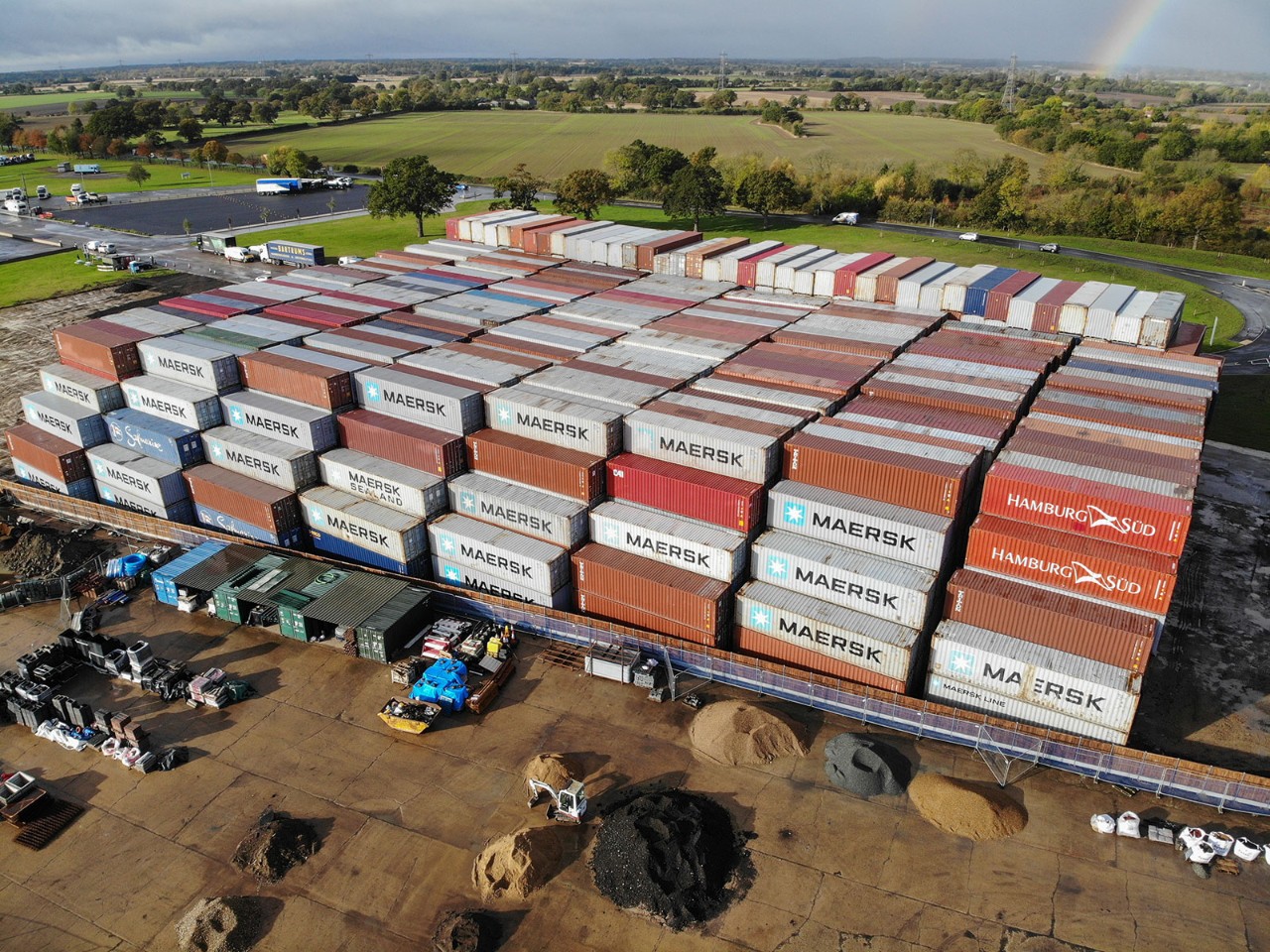
Audit regulators find themselves in a bit of a quandary. They know the importance of audit, and they know that they ought to get behind auditors and provide them with backbone and support, and encouragement of the scepticism that remains the essential active ingredient. But they also know that they will get no kudos, nor piles of plaudits, for doing so.
Audit is misunderstood and grossly underrated by the general public and, above all, by politicians. If the regulators do anything other than rubbish auditors, they know they are going to be hit by flying flak.
So the world of regulation and governance has an acute dilemma. And if a dilemma can be circular, this is how it works: Regulators pile the pressure on auditors, because that is what the public and politicians want to hear that they are doing. So auditors find their work rubbished because that is how regulators dramatise that pressure.
This in turn empowers CEOs, directors and boards of directors. It gives them more leeway to stand toe to toe – if it ever comes to that – with the auditors, whose power the public rubbishing of their role has taken away. Regulators then test what auditors have achieved and send out press releases saying that audits are not up to scratch and need drastic improvement.
At this point it has all come full circle. And it has provided no service to anyone other than the largely uninterested public and the politicians, both of which groups have had their prejudices confirmed.

The steady drift into process has taken away any encouragement of initiative or moral strength
So how, as this new year unfolds and the world continues to be turned upside down, can this be changed?
Stuck in the mud
The regulators cannot yet be relied upon. Their structures and leadership have been diluted and left to drift, a result of being a long way down the priorities of the politicians at the top of this particular pyramid of command.
The corporate world is unlikely to help. It would be in their long-term interests to do so but traditionally investors, while professing loyalty to the importance of the long term, have gone for the more instant attraction of the short term. And change is unlikely to come from within the audit world itself, much as auditors might encourage it.
The auditors’ problem is the culture in which they are trapped. Over the years they have had to take their cue from the regulators. And the big audit firms have their own dilemma.
Regulators work off the back of process. What they inspect and want to see is that the auditors have followed the right paths, so much of audit becomes a route to that acceptance. When the regulators come to call, they need to be able to pull up the right bit of evidence that shows that the auditors have indeed followed the generally accepted procedures.
Among other confusions, this has meant that auditors now have two masters, both of which are in conflict with each other. The auditors are answerable to shareholders, and these days to the wider world of stakeholders, but they have gradually become answerable to the regulators.
The first, in theory, want to ensure that the directors in command of a company are not doing the equivalent of making off with the cash. The second want to see that boxes are being ticked. Neither of these encourage proper rigorous, sceptical audit behaviour. Auditors ought to instil fear into boards of directors and provide assurance to regulators. The current system ensures that they do neither. The steady drift into process has taken away any encouragement of initiative or moral strength.
Rotten structure
I bumped into the retired senior partner of one of the audit firms the other day. He still chairs a variety of companies, and he was coruscating in his opinion of audit firms. Now that he stands in his shoes as a company chairman, he sees the auditors as providing little that is of use to him.
The whole circular merry-go-round of shifting blame from one to the other needs to stop
The collapse of Carillion, the effects of which still reverberate through the sector, showed the whole rotten structure. An outsourcing services provider buoyed along in a bubble fed by more and more government contracts inevitably ran into enormous pressure for it to survive, against all common sense.
No one comes out of it well – directors, auditors, politicians or regulators. Somehow the whole interconnected sector needs to have its structure and purpose reset. The whole circular merry-go-round of shifting blame from one to the other needs to stop.
The culture that encourages the rot needs to be changed. And that is what needs to come out of the aftermath of the pandemic. A system where everyone is reliant on each other for their behaviour simply reinforces failure.
But it is the audit profession that should have the answers. Auditors, in theory, are the only truly independent part left in this mess, and it is down to them to stand firm and to start to enforce change. Everyone else is beholden to someone else. And it is also in the auditors’ own interest, too. Reminding everyone that they are the only independent guardians in the game will do them no harm.




